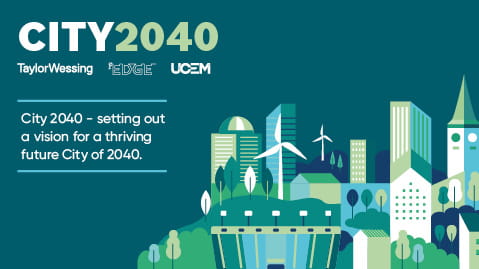Related Insights

Environnement, Urbanisme et Réglementation
Cliquer ici pour en savoir plus
Why planning is essential to sparking the EV revolution
8 novembre 2021
In-depth analysis
par Alistair Watson et Edward Willis

Immobilier et construction
Cliquer ici pour en savoir plus
Retrofit for the future - making historic homes greener
8 novembre 2021
Briefing
par Clare Harman Clark et Joanna Bassett

Coronavirus
Cliquer ici pour en savoir plus
Impact of coronavirus on the UK real estate sector – where are we now?
16 mars 2021
IN DEPTH ANALYSIS
par plusieurs auteurs




